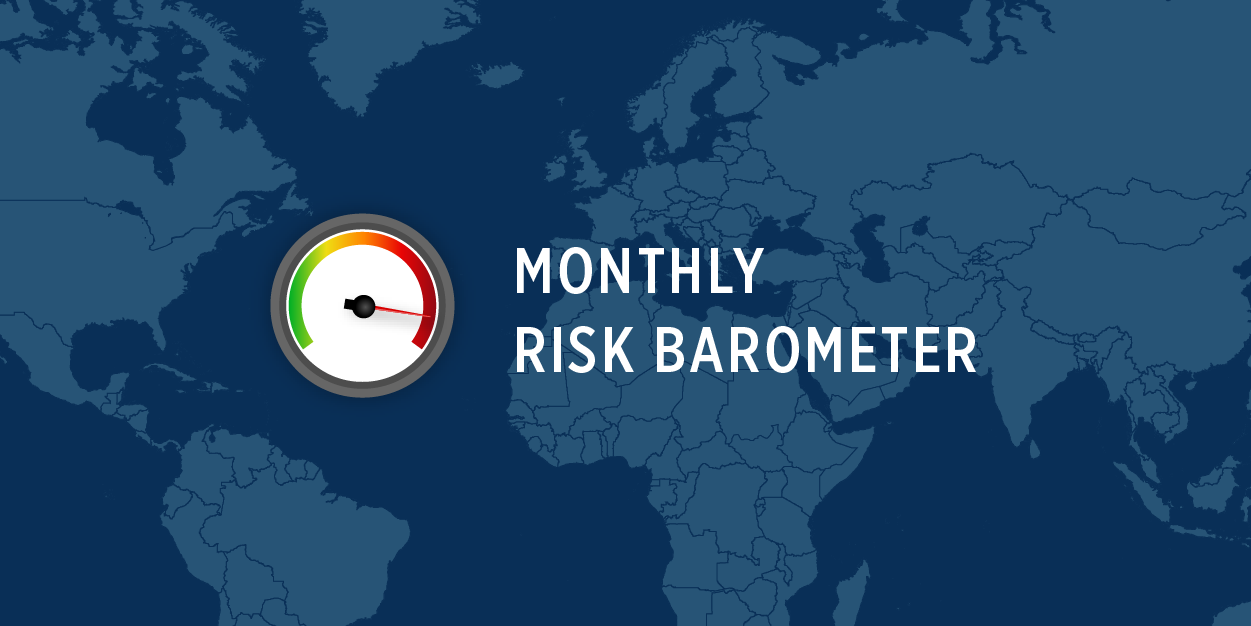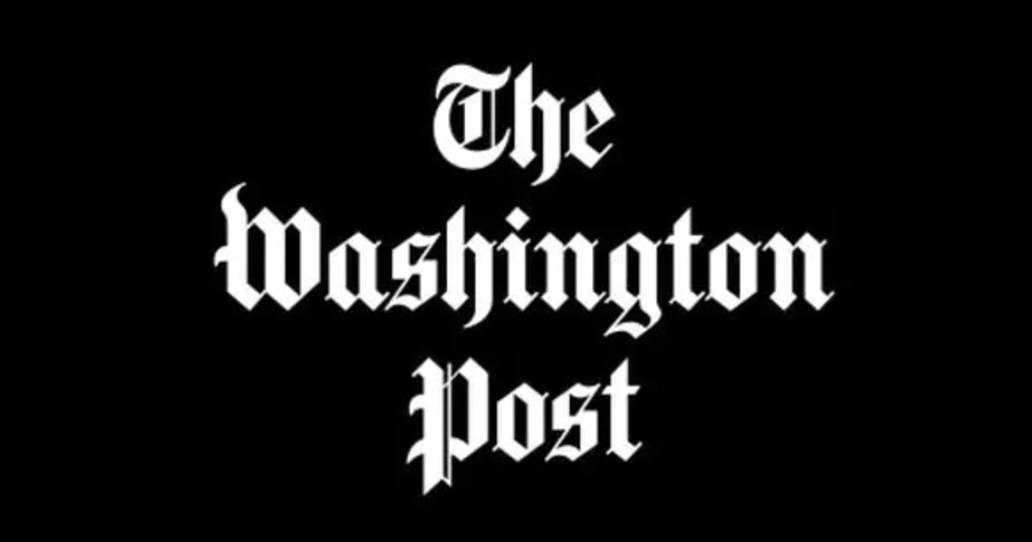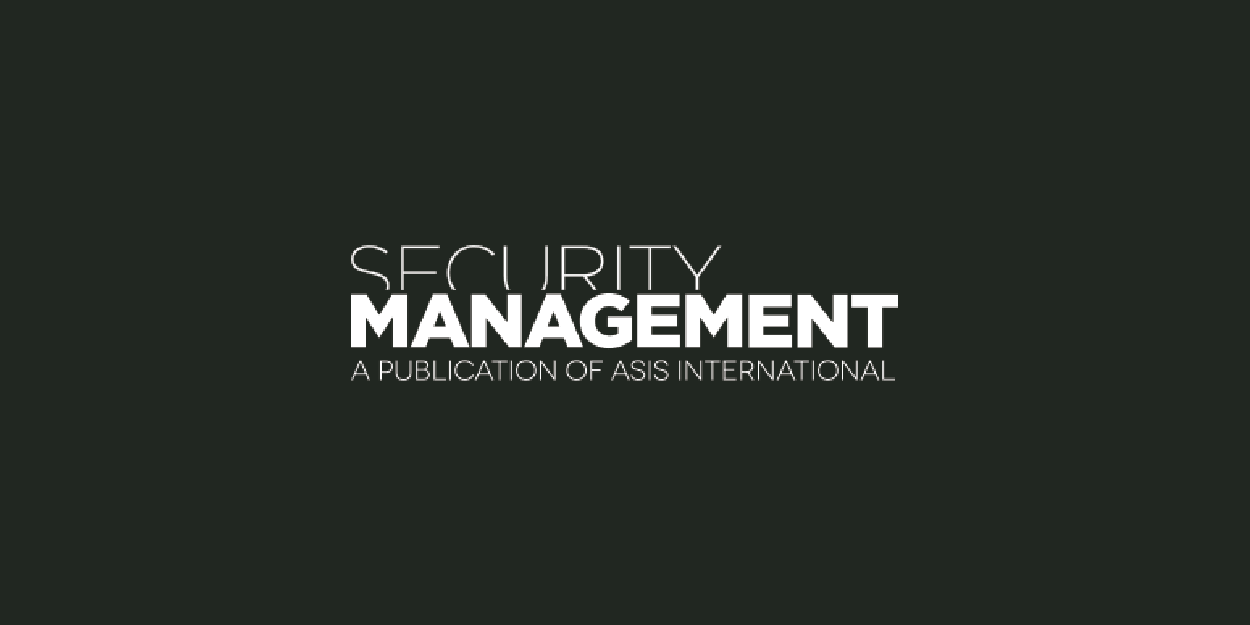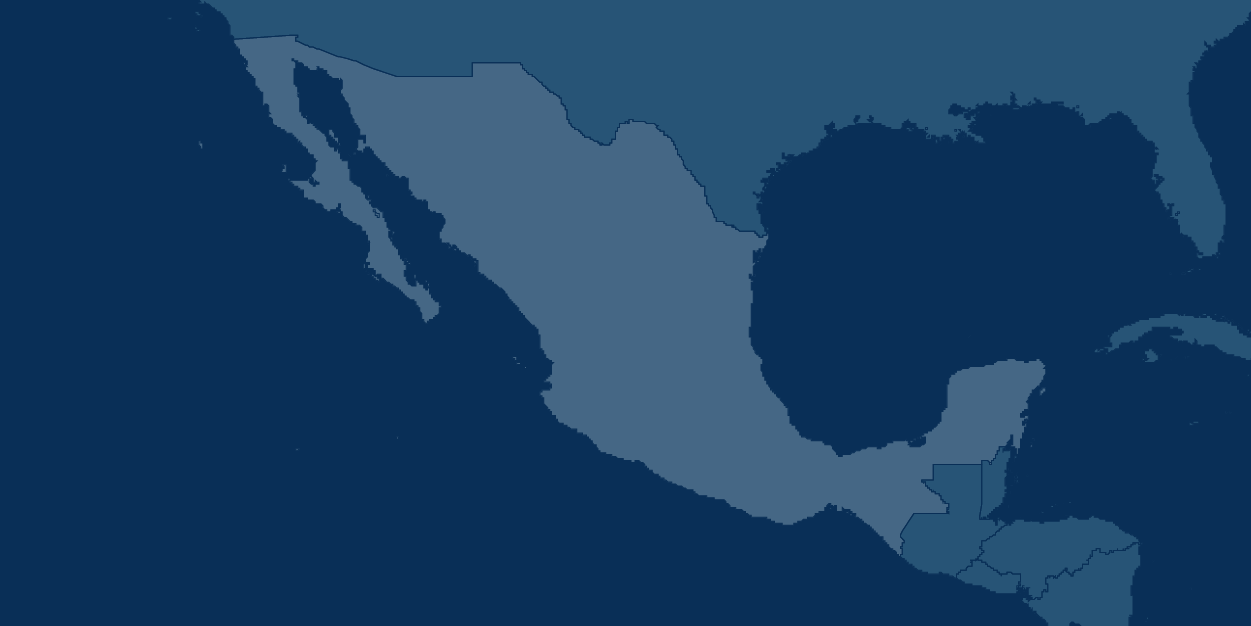In Global Guardian's monthly Risk Barometer, our Intelligence Team highlights current global hotspots with the potential to impact your business operations and travels. Read below for analysis on the threats we are closely monitoring this month and click here to subscribe for regular intelligence updates, including this monthly report.
ISrael Faced with instability on Two fronts
Israel is currently experiencing both a steady uptick in terrorism and widespread protests against proposed judicial reforms that have impacted businesses, security, and transportation. Between the brazen terror attacks on Israeli civilians on both sides of the Green Line and the high-risk, daytime Israeli security operations in the West Bank, the overall political environment is conducive to another Gaza flair up or even, a third Intifada, as recently warned by CIA Director Bill Burns.
Tensions have been high for over a year—which included a brief war—but since the IDF raid in Jenin on 26 January and the terror attack the next day on a synagogue in East Jerusalem, the pace of violence has increased. With the Palestinian Authority unable to maintain order in its territory, more terrorist attacks and blunt counter-terror operations are likely.
Judicial Reform
Meanwhile, the anti-government/anti-Netanyahu protests in Israel’s major cities continue. On 11 March, approximately 250,000 demonstrators gathered in central Tel Aviv, blocking access to Ayalon Highway and disrupting transit on roads near Ben Gurion International Airport in Tel Aviv. This was the largest single demonstration since protests began on 04 February.
Impact
- Demonstrations against judicial reform began on 04 February, with protests across Israel, including in Tel Aviv, Haifa, Jerusalem, Ra’anana, and Kfar Saba.
- Since then, protests have spread to nearly every city in Israel, with primary impacts felt in Tel Aviv and Jerusalem. Habima Square, Ayalon Highway, and government offices are focus points of the protests.
- Police have deployed water cannons, stun grenades, and tear gas against protesters.
- On 15 March, protesters attempted to block roads in and out of Ben Gurion International Airport in an effort to disrupt PM Netanyahu’s flight to Germany.
- The unrest highlights the risk of political instability, the acute ongoing transportation disruptions, and the need for secure transportation when traveling overland in Israel.
The root of the unrest is proposed reforms spearheaded by Prime Minister Netanyahu’s government that would weaken the Supreme Court by limiting the Supreme Court's power to exercise judicial review, granting the government control over judicial appointments, and limiting the authority of its legal advisors. The reform would also grant the Knesset the power to override Supreme Court rulings that deem legislation passed by the Knesset as unconstitutional, by reintroducing the legislation and approving it with a majority of Knesset Members—effectively bypassing the Supreme Court and tilting the balance of power. On 13 March, the first reading of the proposed reform was approved by the Knesset. Two more readings must be approved before the bill becomes law.
Reaction
- The widespread public outcry against the reforms has thrown a spotlight on PM Netanyahu, who is barred from debating the proposal due to his ongoing trial involving Israel’s judiciary.
- The reforms are seen as shifting the balance of power away from the judiciary and towards the legislative and executive branches. Netanyahu denies he will use the reforms to appoint judges in order to get his trial frozen or thrown out.
- Israeli President Isaac Herzog, largely a ceremonial figure, denounced the reforms and called for them to be withdrawn.
- At least 37 elite Israeli Air Force pilots refused training in protest against the reforms.
Outlook
Protests are likely to continue in the near term even if the judicial reforms are withdrawn and the deteriorating security situation in the West Bank is unsustainable. It is unclear if this uptick in violence will fizzle out or culminate in the third Intifada. But what is clear is that with the weak, ageing, and successor-less Palestinian President Abbas and Iran’s immediate interest in fanning flames to divert Israel’s attention, the stage is set for a major deterioration in the security landscape of Israel for the coming months.
KEY TAKEAWAYS
- Tel Aviv, Jerusalem, Haifa, and other cities will continue to see protests and unrest, especially as the reforms look likely to become law in the coming weeks.
- Jerusalem remains a major flashpoint amid increased tensions between the Israeli government, Palestinian Authority, and the Israeli people.
- Travel to Israel should be carefully considered, and secure transportation is recommended for any overland travel in the country.
- There is an increased threat from terrorism.
|
Normalization between Saudi Arabia and Iran Increases Regional Stability
Iran and Saudi Arabia have agreed to restore diplomatic ties after years of contentious relations where the leading Shiite and Sunni powers, respectively, supported opposing sides in sectarian conflicts throughout the region. The Chinese-mediated deal signals a moderately stabilizing shift in regional political dynamics and more importantly, it portends a possible end to the devastating conflict in Yemen.
Timeline
- 2011 – Saudi Arabia sends troops to quell ethnic Shiite protests against the Sunni royal family in Bahrain. Saudi Arabia blames Iran for instigating the unrest.
- 2015 – Saudi Arabia begins its involvement in the Yemeni war where the Iran-backed Houthi rebels hold large parts of the country.
- 2016 – Saudi Arabia executes Shiite cleric Nimr al Nimr resulting in the storming of the Saudi Embassy in Tehran.
- 2016 – Saudi Arabia and Iran sever diplomatic ties.
- 2019 – Iran is implicated in missile and drone attacks on Saudi oil infrastructure.
- 2021 – Iran and Saudi Arabia hold talks in Baghdad.
- 2023 – Iran and Saudi Arabia normalize relations and agree to reopen reciprocal diplomatic missions by May.
Response to Detente
Saudi Arabia is enthusiastic about the possibility of ending their involvement in the Yemeni quagmire, and Iran is eager to dampen American efforts at isolating Tehran. The normalization has been welcomed by several countries in the region, including past mediators Iraq and Oman, who applauded the move as an important step in securing regional stability.
Further afield, the agreement is being touted as a diplomatic coup for China, whose president Xi Jinping aspires to increase the perception of his country as a peacemaker and alternative to American leadership in a region where Washington casts a long shadow. China has played off Saudi frustration with American criticism of Riyadh's human rights abuses, and the relatively cold relationship between Saudi Crown Prince Mohammed Bin Salman and President Joe Biden compared with that of former President Trump.
In the United States, reactions to the development have been mixed. John Kirby, a White House national security spokesperson, touted any move towards de-escalation as “in America’s interest.” But others see the successful mediation by Beijing as a threat to American influence, especially with longtime ally Saudi Arabia.
KEY TAKEAWAYS Saudi-Iranian normalization will dampen one of the main drivers of regional instability but will have little impact on the major frictions between Iran and both the U.S. and Israel. In the short to medium term, the agreement will likely hasten an end to the conflict in Yemen. This diplomatic achievement does come at the expense of Washington’s image in the Middle East; in the short-term, the U.S. will now be more keen on achieving foreign policy “wins” in the Middle East. |





















